Lord Dobbs, the creator of House of Cards, is considering which real-life individual is closest to Claire Underwood, the ice-cold political wife played by Robin Wright in the Netflix series.
“Hillary [Clinton],” Dobbs says after a moment’s thought. “She is a political figure in her own right – behind the scenes, but now increasingly in front of the scenes. That is much more of a Claire character than, for instance, Cherie [Blair], who as far as I’m aware didn’t become actively aware in politics as such.”
It’s not necessarily the endorsement the US presidential candidate would be after but Dobbs is obsessed with the character of the former first lady and how it’ll affect her run for the top job.
“I’m fascinated by Hillary of course, because she comes with so much baggage,” he tells BuzzFeed News, sitting on a bench outside parliament, dressed in a crisp white shirt and cufflinks. “That baggage is her strength but also her vulnerability. We just have to wait and see where the balance lies on that. Though it is bizarre that the system that was bred out of [rejection of a King] has produced the Bushes, the Kennedys, the Clintons, the Roosevelts….”
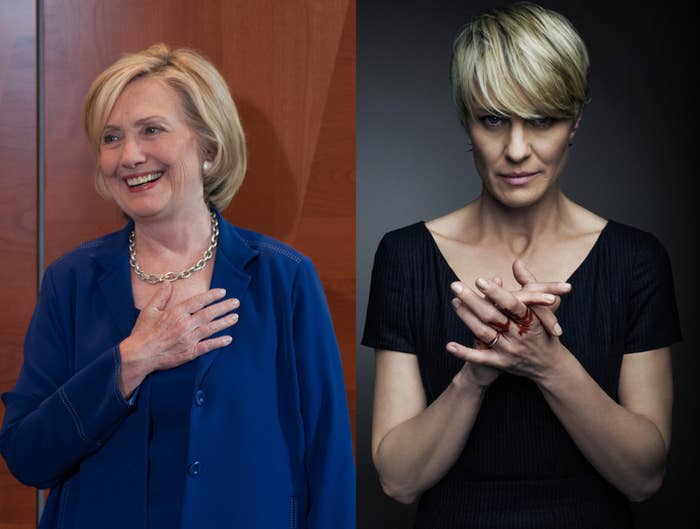
What about the real-life President Underwood? “More Tony Blair than Margaret Thatcher. Thatcher left behind something called Thatcherism, we all know what we stood for and I’m buggered if I know what Tony Blair stood for other than being in office.”
And troubled political aide Doug Stamper? “In terms of focus and loyalty, apart from myself of course, it’d be Alastair [Campbell] in the UK.”
Dobbs knows what he’s talking about when it comes to political narratives. He first created House of Cards as a novel in the late 1980s. A former assistant to Thatcher, he was the first person to tell her that she had won the 1979 general election but was later sacked by his political idol, “She attacked me horribly and grossly unfairly". He turned to writing and watched as his creation became a BBC TV series, followed by a highly successful American reboot for Netflix in 2013. He’s stayed actively involved all the way, offering advice to the production team and is currently promoting the DVD release of series three.
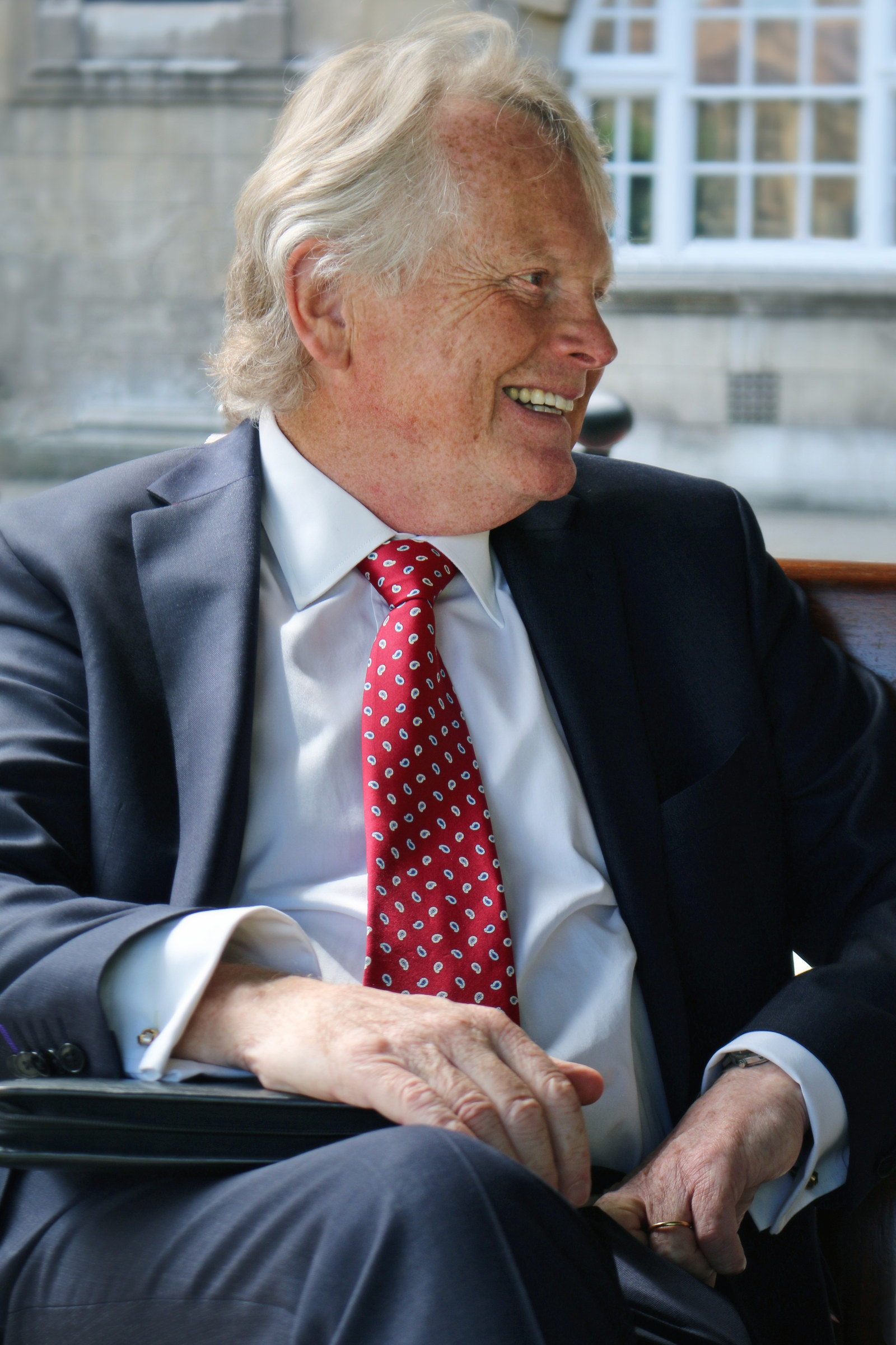
He’s also a rare beast: a writer and an active parliamentarian – a believer in small government, he enjoys a “hugely disruptive and distracting” three days a week as a Conservative member of the House of Lords where he helped to lay the ground for the forthcoming referendum on Britain’s membership of the European Union. However, Dobbs keeps his personal politics out of his writing because it bores the audience: “Once people start writing through political prejudice then it’s not likely to be very successful. In House of Cards, for instance, I defy you to remember a single bit of the actual politics that was written about. It’s about the people in politics.”
The first three series dealt with Underwood’s rise from Congress to the top job, but despite the show currently at the end of Francis’ first term as president, Dobbs dismisses suggestions the show necessarily has to come to an end any time soon. That's for the simple reason that there’s always something else for the characters to do: “Some programmes have the ability to go on and on forever – those are the ones that are based around relationships. How long can a show go on that is focused on a relationship between two people – Francis and Claire – I don’t know. But it’s not just about power, it’s also about their relationship which gives [the show] legs. It has is a global audience, there are more watchers in China than in America."
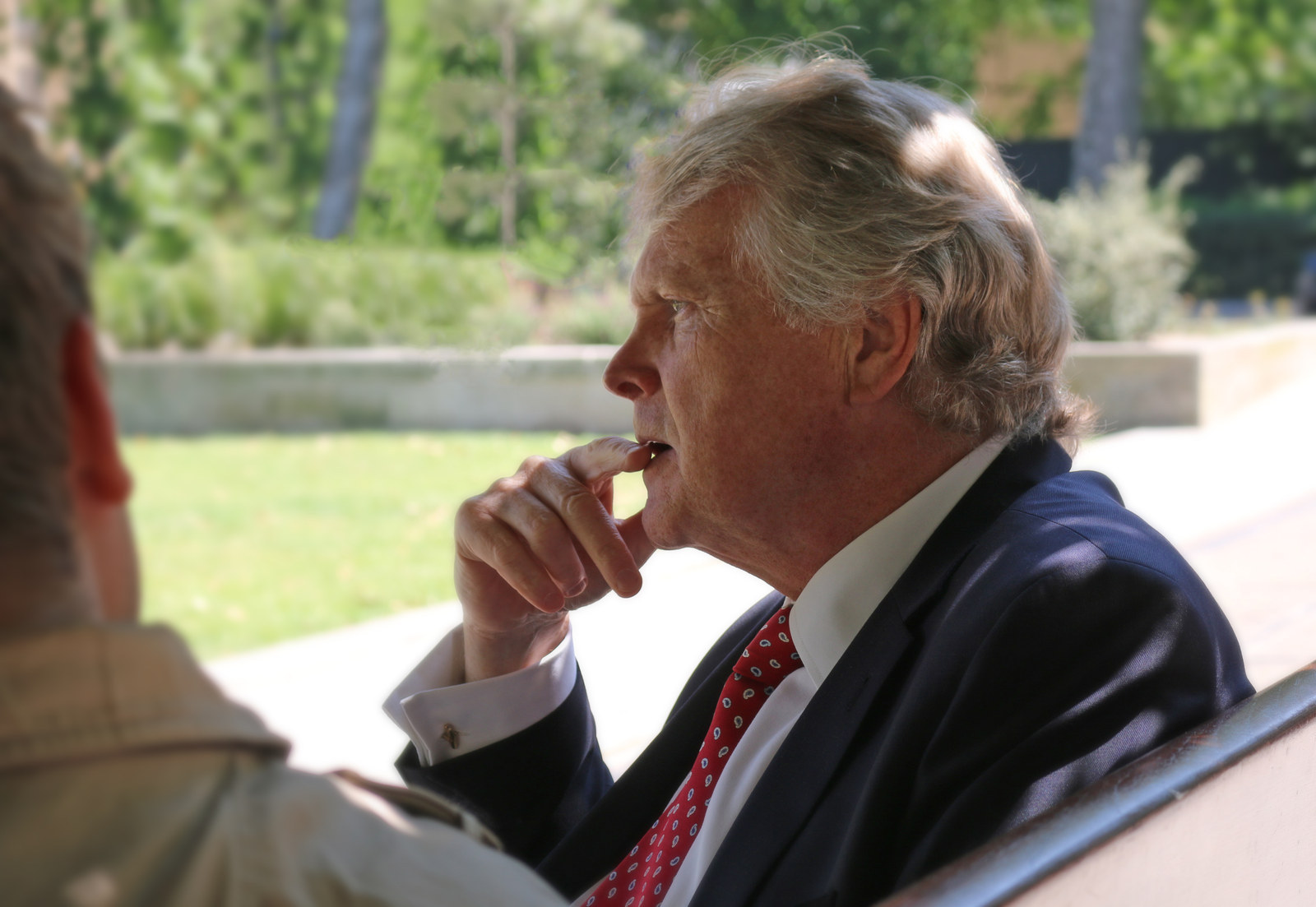
He talks with pride about the quality of the set and the people involved: “People have come from the White House to inspect the set and their jaws have dropped. Even the doors of the Oval Office close with the same quiet thud as they do. It’s actually a third larger than the real Oval Office but everything is sourced to be just right in meticulous detail; even light switches and door knobs.”
He’s planning to keep working on the show as well as a new project with Adam Price, the creator of Borgen and a proposed work about Winston Churchill. He says he wouldn’t ever write a character based on Ed Miliband (“certainly not as a lead figure”) but he’s optimistic about a political culture that is more engaged and less dependent on traditional sources of information: “People are beginning to bother again now and make up their own minds – The Sun Wot Won It? Not any more. It never did in the first place but certainly not any more. There are no secrets anymore, everything you do or say will come out eventually – the question is when and does it matter?”
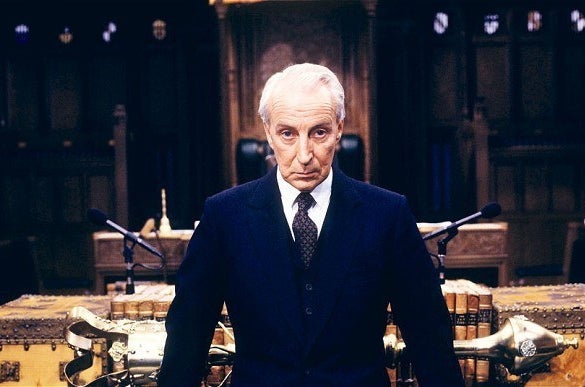
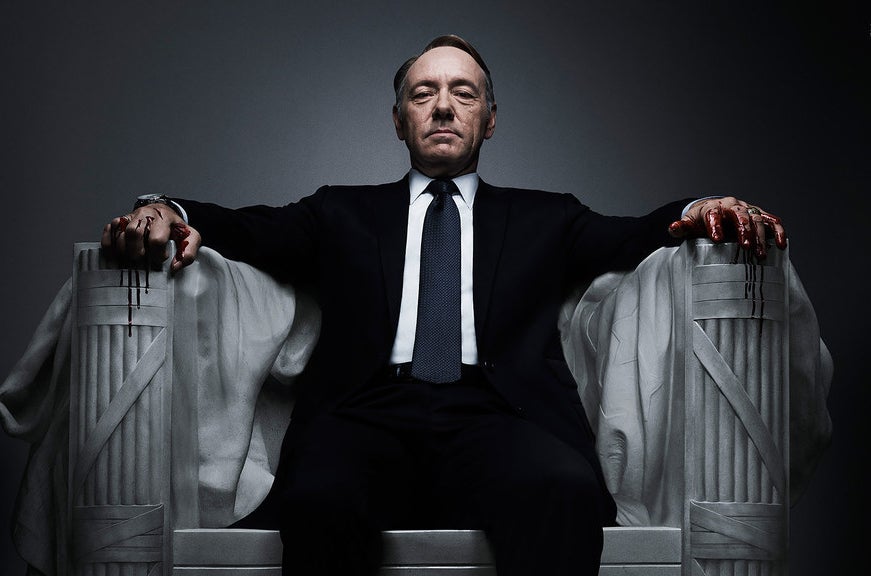
At the same time, he wants to take an active role in the negotiations over a referendum on the UK’s continued membership of the European Union, touring the country and speaking to the public.
But if he's willing to make that commitment, surely he already knows which way he'll campaign in the referendum?
“It depends! I will wait to see what the prime minister comes back with [from negotiations with EU leaders]. It would require returning some important powers, not just a standstill. Everyone in Europe knows the system is screwed and could be screwed magnificently over Greece. It is madness to put institutions before the people they are meant to serve. 50% youth unemployment in Greece is not their fault – that is the madness, Brussels thinks there is a way to make the Greeks to pay their debts back. There’s no way of paying it back! They are bankrupt!”
So is he a libertarian? “Well, I’m not a great believer in big government: the more government promises, the less it delivers, that’s been my entire experience. It’d be wonderful if we could find a way for people to say ‘I want government less in my life and for me to get on with it more’. There are plenty of people who need government, it has got to a point where the system isn’t working anymore.”
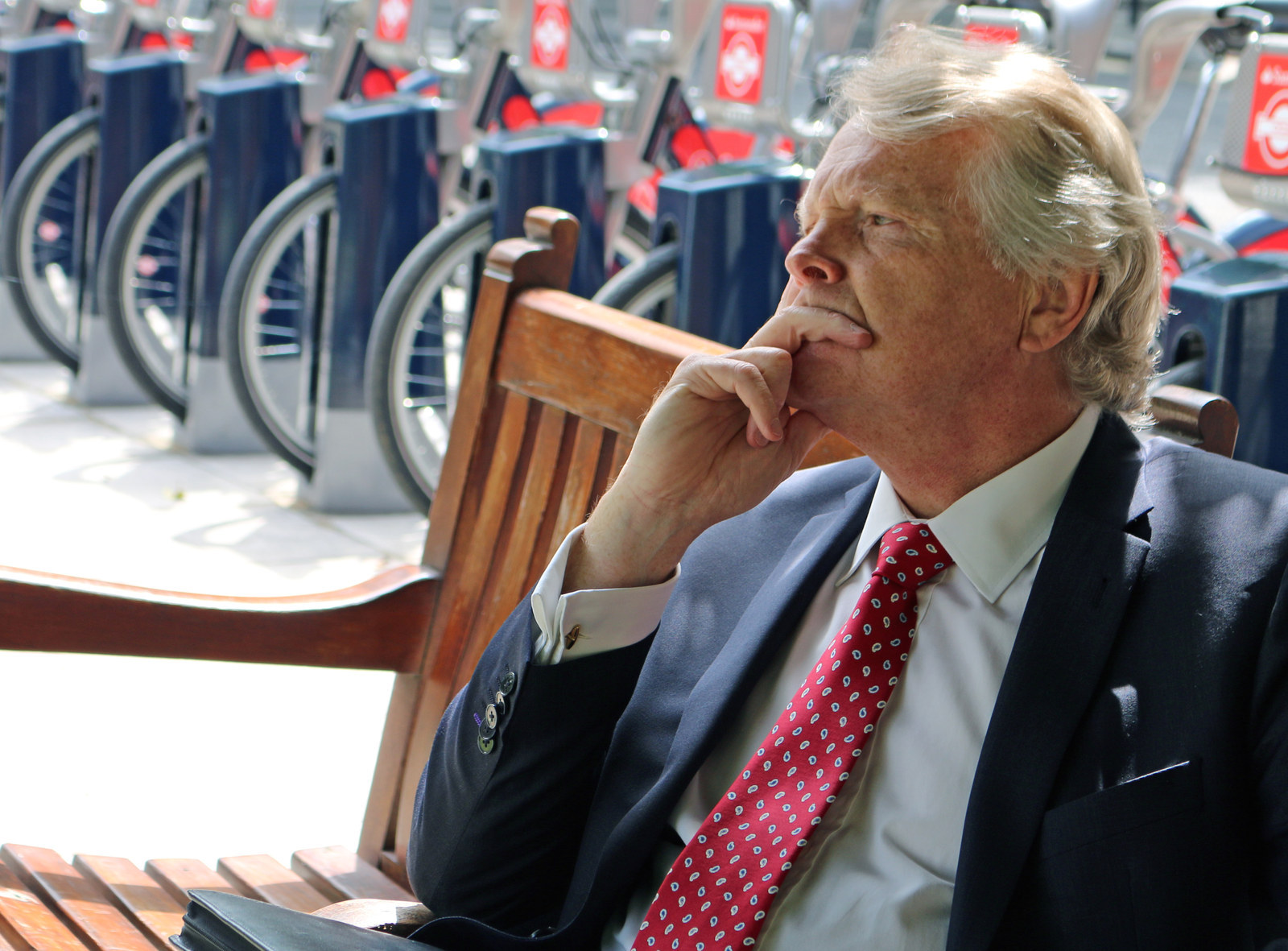
Ultimately Dobbs credits his sacking from the 1980s Conservative government by Britain’s first female prime minister as the moment that gave the world one of the greatest ever political dramas: “Politics is cruel. If you go into politics to be cuddled and be hugged the whole time then you’re in the wrong business. That was the start of House of Cards.”
“To that extent, I owe it all to Maggie.”

